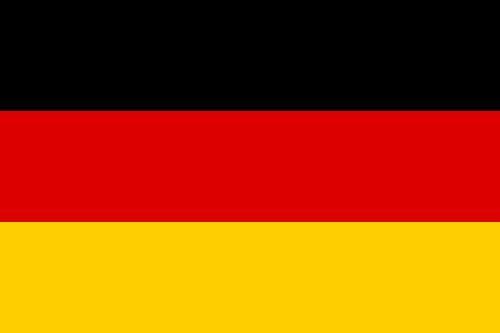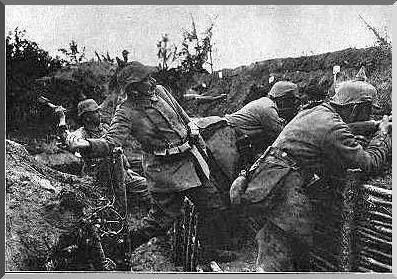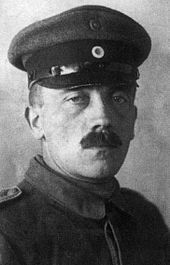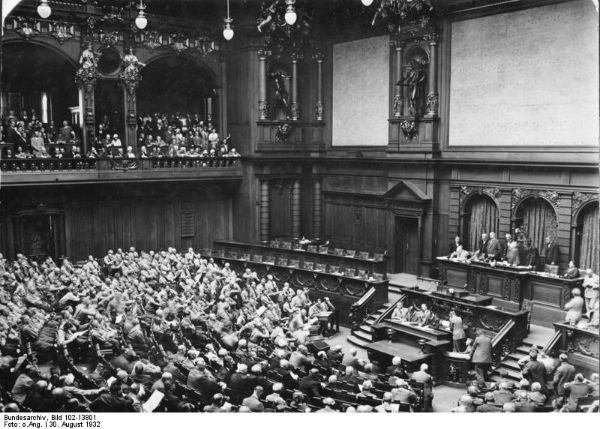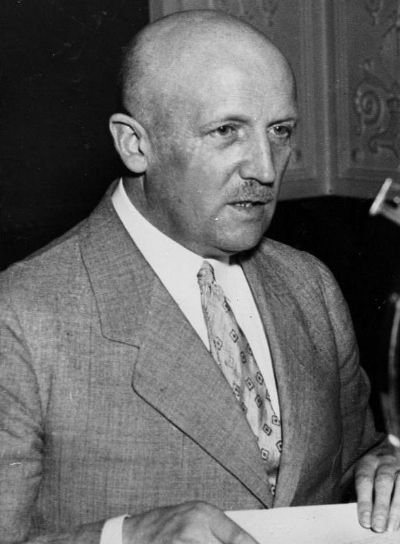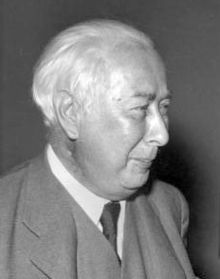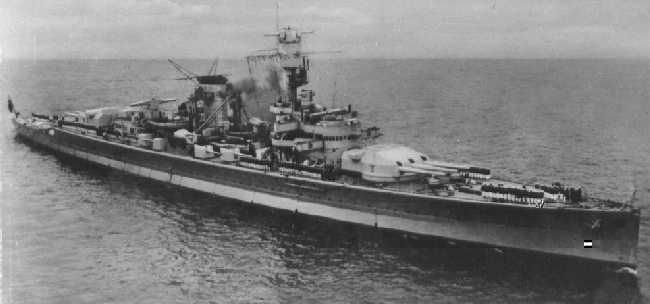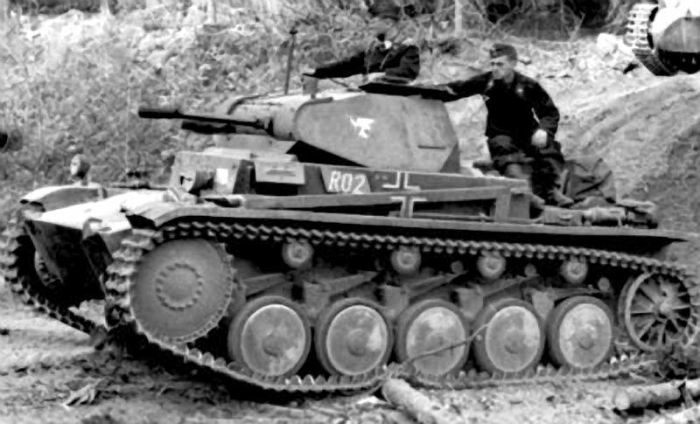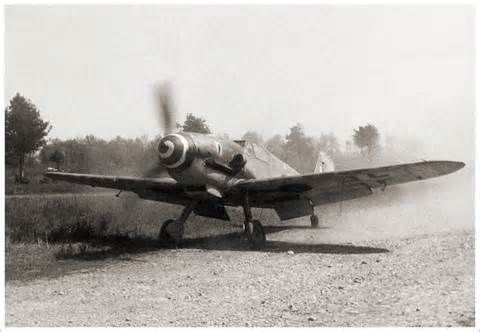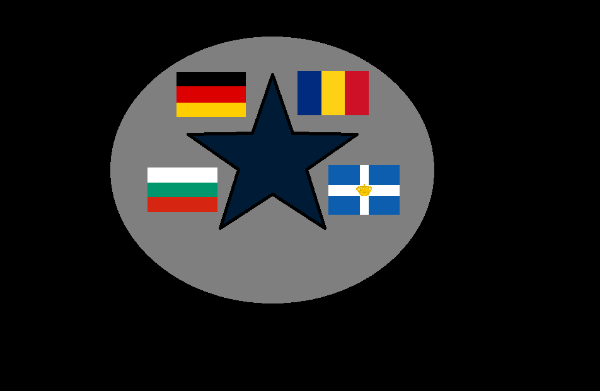Okay, let's finish the prologue before I lose what interest I still have

I also realized something...I go back to college in two weeks. I don't have time for a narrative. Whoops. So let's try mixing and matching things, shall we?
Prologue III: On the Precipice
At the dawn of 1936, the German Reich was a nation still recovering from the injustice of Versailles. The Coalition
1 leadership that had defended democracy in the young Republic after the death of President Hindenburg knew as much. While it was true that the extremist parties in German politics--those howling for revenge against the Entente and their lapdogs--were weak, they still had some say in how the government was run. Wary of losing their fragile hold on power to the communists or an attempted Hohenzollern restoration by the DNVP, the new government knew something had to be done. As it happened, the best way to resolve the standing issue with Versailles...was to do exactly what the extreme nationalists wanted.
At first glance, this could seem to be a sign of the democratic system falling to the extremists. Such is exactly what the Coalition wanted to show however. For, by starting to slowly revoke Versailles, the Weimar leadership gained popularity amongst the supporters of the extremists. By doing so, they weakened the problematic groups, who would enjoy nothing more than the end of democracy in Germany.
There remained risks to this move of course. While Britain praised the German leadership for doing what it could to contain radicals--even though they were violating Versailles--the French were far less pleased. Despite what they had done in an attempt to cripple Germany, the nation was bouncing back quickly. And while Germany recovered from the Depression with a combination of excessive military spending and infrastructure construction projects, the French lagged behind.
2 Real fear ran through the former European giant, as their 'enemy' recovered to the East.
The Coalition had no real plans for a war with France, but as the designated boogeyman of Central Europe, that hardly mattered. As such, construction on new military projects had to continue, if only to defend Germany's borders and shores.
One of the first projects to bear fruit, came from the
Reichsmarine. The
Panzerschiffe were unique vessels, for a unique situation. One of the most crippling effects of Versailles had been the reduction of the High Seas Fleet that Kaiser Wilhelm II had put so much work and gold into building. Most of those mighty vessels were reduced to scrap or rusting on the bottom of Scapa Flow. The Weimar Republic was only allowed a relative handful of ships, and of those only six old pre-dreadnoughts were battleships.
While Germany was, and likely would remain, a land-based power...the lack of anything resembling a proper fleet was galling to many. It was assumed the German people could resist an invasion from France if it came to war, but only an obsolete and small
Reichsmarine and aging coastal defenses guarded her shores. This was a situation that was, rightly, seen as intolerable. However, the stipulations of Versailles were strictest in how they limited Germany's military. For the
Reichsmarine to expand, the Coalition would have to renounce the Treaty.
Such a move was too radical to implement quickly. The result were the
Panzerschiffe. While they were no larger than a modern heavy cruiser, the vessels were armed with 11-inch guns, providing them with a punch that could halt any other cruiser in its tracks. Not a battleship, despite the British designation of 'Pocket Battleship', but the best Germany could muster at the time.
With the Navy starting to expand, it was only a matter of time until the same happened in the rest of the
Reichswehr.
It was in the
Heer that the most radical changes were taking place. As a fighting force, the Army that the Coalition had inherited was crippled. To even cover Germany herself and put down revolts, one-hundred thousand men were insufficient. To defend a nation the size of the German Reich, it was criminally insufficient. The knowledge that this would be the case was well-known at Versailles, which made this part of the treaty the most hated next to the loss of German lands.
It shouldn't come as a surprise to anyone, even the French, that the limit on the
Reichsheer was the first part of Versailles to be discarded. Reserve forces were mobilized, and new units that had been discarded since the end of the Great War were revived. The rapid expansion was necessary if Germany was even to defend her territory, and this was told to other governments. While the SPD-heavy Coalition attempted to avoid conflict, this was one area they would not compromise on.
When the French government--with lukewarm British support--attempted to enforce Versailles, Thomas Dehler (the foreign minister of the time) had one response to make.
"If Germany is to function with one-hundred thousand men, then what of France? What of Britain? Could you too manage with such a small army?"
While the French were insulted by the response, bringing up their colonial obligations, the British were less-supportive of Versailles. John Simon, speaking for His Majesty's Government, did nothing to force the German leadership into stopping their rearmament. After all, how could they force a democratic government that had done nothing overtly hostile in decades, to continue with an army that would lose to Abyssinia? There was also the fact that the Weimar Coalition was friendly with Britain and was trying to increase ties.
With no recourse to force the Germans on their own, the French relented. This allowed the
Reichsheer to continue its work, one of the major projects being the Panzer Divisions. While Germany had lacked any substantial tank forces of her own in the Great War, the more forward-thinking leadership had noted how effective the British and French units were. As a result, far more funding went into the tank arm of Germany than in Britain or France.
While both the Navy and Army had been heavily limited, at least they were allowed to function. Despite its new and relatively small role in the Great War, one institution was completely banned from Weimar. An Air Force, not even defensive interceptors allowed.
While considered less prestigious than a reborn High Seas Fleet, and less desperately needed than an expanded
Reichsheer, the point remained that Germany needed an Air Force. The British Royal Air Force and the French
Armée de l'Air were relatively small, but as Germany stood after Versailles, they could operate with impunity. If bombing technology and techniques continued to develop as they had during the Great War, this was intolerable.
No matter how much work went into modernizing the existing
Reichswehr, it would hardly have mattered if there was no way to defend it from the air. As such, a new arm to the military was added once it became apparent that enforcing Versailles was nothing more than a French dream.
The Luftwaffe, a dedicated Air Force. By 1936, the most advanced Air Force in the world thanks to the works of the likes of Willy Messerschmidt.
It was with these forces, and their allies in the Hamburg Pact
3 that Germany entered the next stage of its history. None really knew what the year 1936 would bring, not even the Coalition in Berlin.
----------------------
[1] The 'Weimar Coalition' was a unified front of the Republicans in the German Reich. Lead by the Social Democrats of the SPD, it also included the Catholic Zentrum and social liberal DDP. Historically, they were about the only members of the German government who actually supported the Republic.
[2] A rapidly industrializing Germany is fully capable of leaving 1930s-era France in the dust. In this case, it was more referring to the military. The French Army was a demoralized mess, all the 'we surrender!' jokes aside. None really wanted a repeat of the Great War, hence the Maginot Line.
[3] The Hamburg Pact is a defensive alliance between Germany, the Kingdom of Romania, the Tsardom of Bulgaria, and the Kingdom of Greece. Germany was the pariah of Europe, and nearly friendless during the Weimar years. With the triumph of democracy, the only nation that might have allied with Germany--namely Italy--was no longer an option. As a result Germany co-opted France's efforts to form the 'Little Entente' in the Balkans. Romania and Greece agreed readily enough, the former as insurance against Hungarian aggression, the latter to protect Macedonia from Bulgaria. Bulgaria herself joined to avoid being caught between two hostile powers, in addition to German guarantees of gaining Serbian Macedonia, in the event of a Yugoslav war.
-0-0-0-0-0-0-0-0-0-0-0-0-0-0-0-
I'm experimenting a bit. Most likely this will be a mix of ^that and the narrative bits. We'll see.
